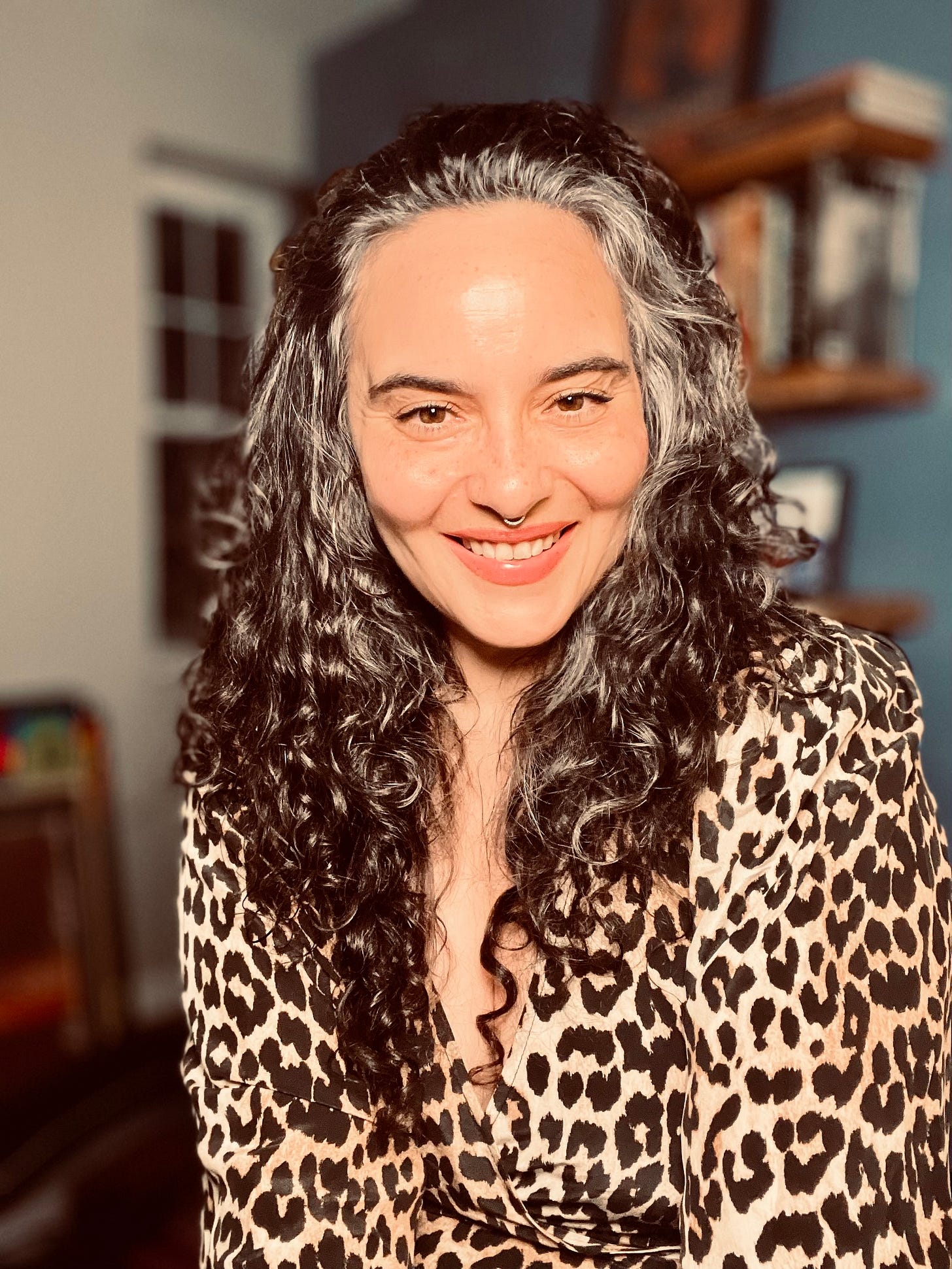Jessica Badonsky Flips Your Sexual Script (From the Archive)
She's a Board certified FNP, podcaster and menopause healthcare provider who believes in your erotic power above all things.
EDITOR’S NOTE: Jessica identifies as an “intimacy and erotic power coach,” but she’s also a Family Nurse Practitioner with a thriving practice in The Bronx. Of all the sexual health professionals I’ve interviewed, she is the one whose message resonates most deeply for me. Her message of radical love for ourselves and each other could not be more relevan…
Keep reading with a 7-day free trial
Subscribe to Womancake Magazine to keep reading this post and get 7 days of free access to the full post archives.



